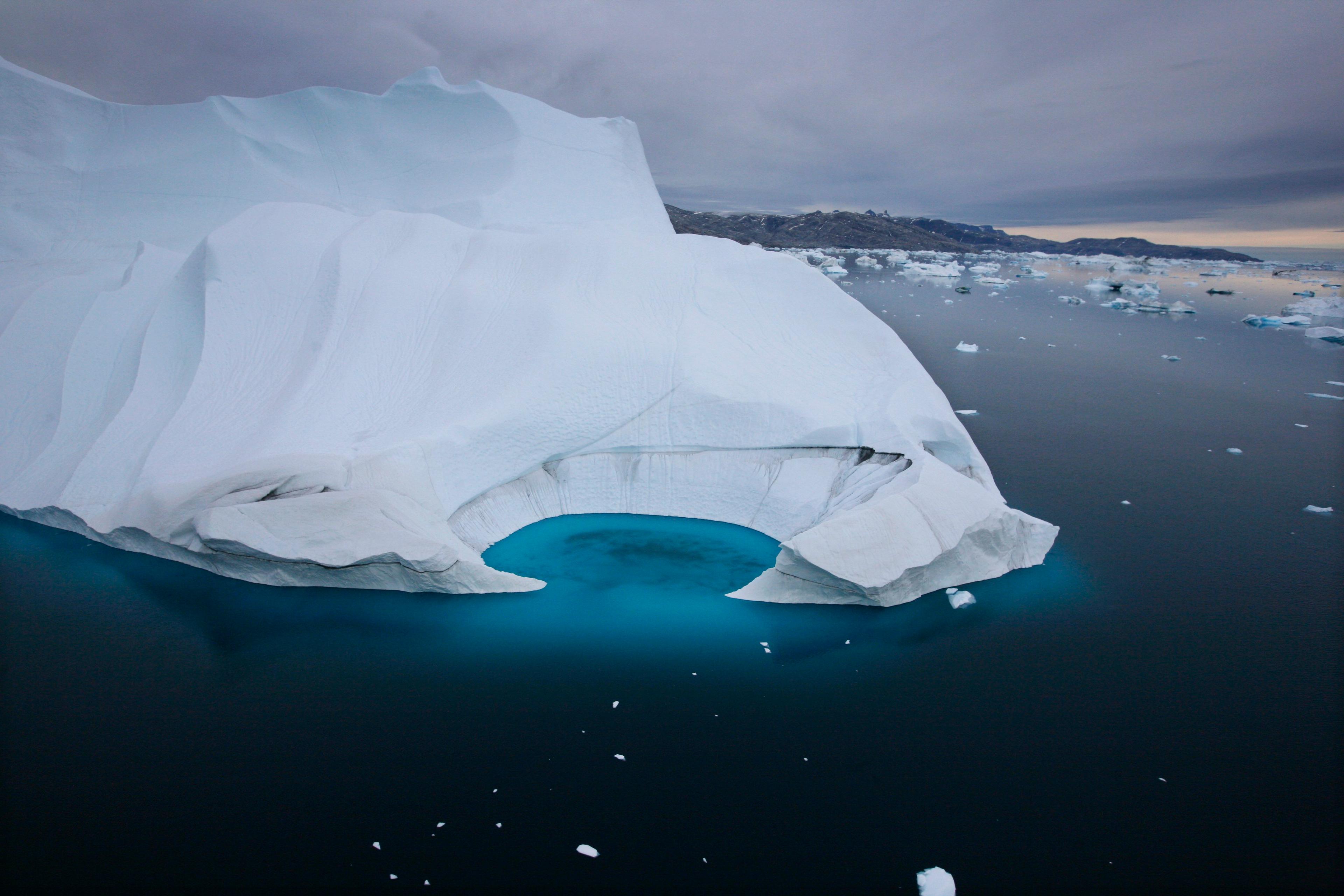

Melting ice at the planet’s poles is one reason why. Climate scientist John Fasullo from the National Center for Atmospheric Research said that shift in water slows down the earth’s rotation ever so slightly.
As water changes from a solid to a liquid, it shifts mass to the planet’s widest circumference. That adds time - about 1 hour since the time of the dinosaurs more than 60 million years ago.
“Climate change is modulating that," Fasullo said. "So it is now slowing down more rapidly than it would have over that long time frame.”
Fasullo said the calculation is changing as climate change becomes more pronounced. And it's connected to more than just glaciers.
“If you talk to an oceanographer, they’ll tell you about the tidal effects, and the tidal breaking—that actually changes how quickly the earth rotates,” he said.
Events like a major earthquake can even have an impact shortening the length of the day. A Japanese earthquake in 2011 actually shifted the axis of the earth, shortening day length.
In other words, calculating the length of day is extremely complicated, and will become more so with climate change.









